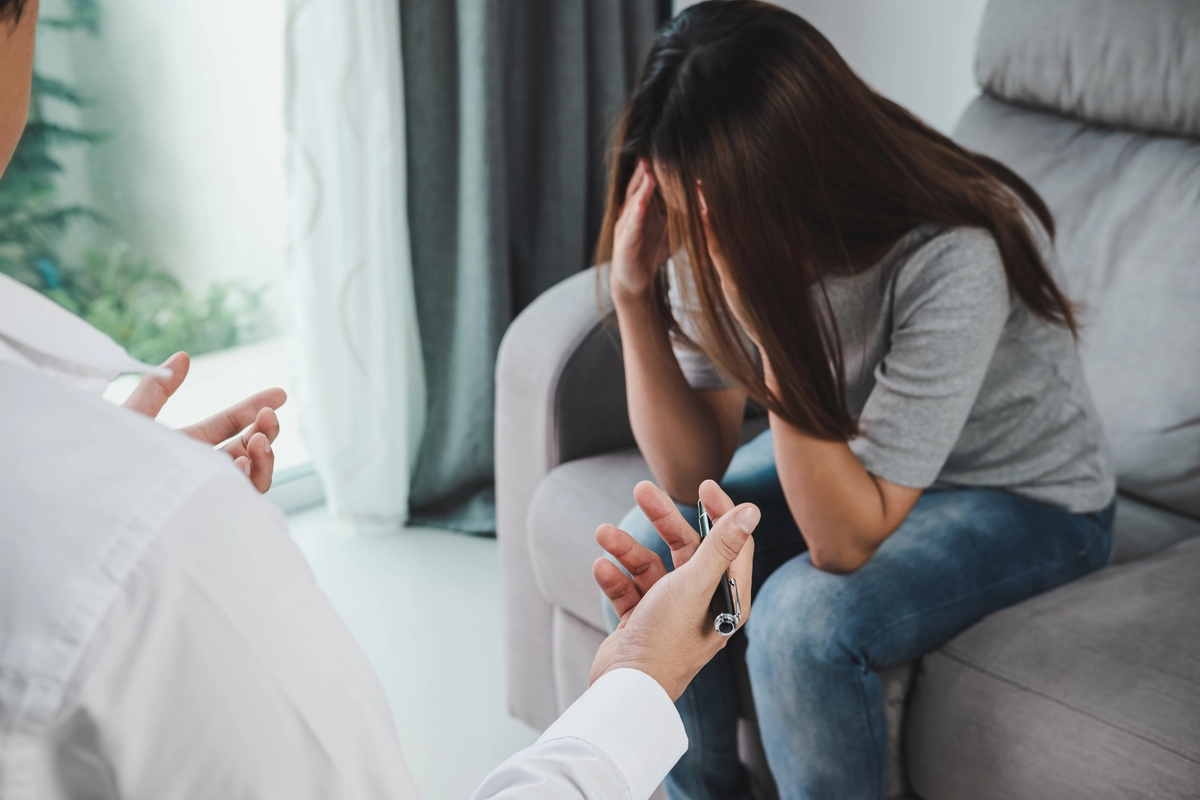24/7 Helpline:
(866) 899-221924/7 Helpline:
(866) 899-2219
Learn more about Bipolar Disorder Treatment centers in Columbia County
Other Categories in Columbia County

Other Insurance Options

Oxford

EmblemHealth

Group Health Incorporated

MVP Healthcare

AllWell

Excellus

Regence

Choice Care Network

Horizon Healthcare Service

BlueCross

Evernorth

Premera

Ceridian

Multiplan

Holman Group

Meritain

Optima

Kaiser Permanente

Highmark

UMR




































































































Columbia Community Mental Health
Columbia Community Mental Health provides behavioral health services in an outpatient setting for ch...

Columbia Community Mental Health
Columbia Community Mental Health provides behavioral health services in an outpatient setting for ch...

Columbia Community Mental Health
Columbia Community Mental Health provides behavioral health services in an outpatient setting for ch...























